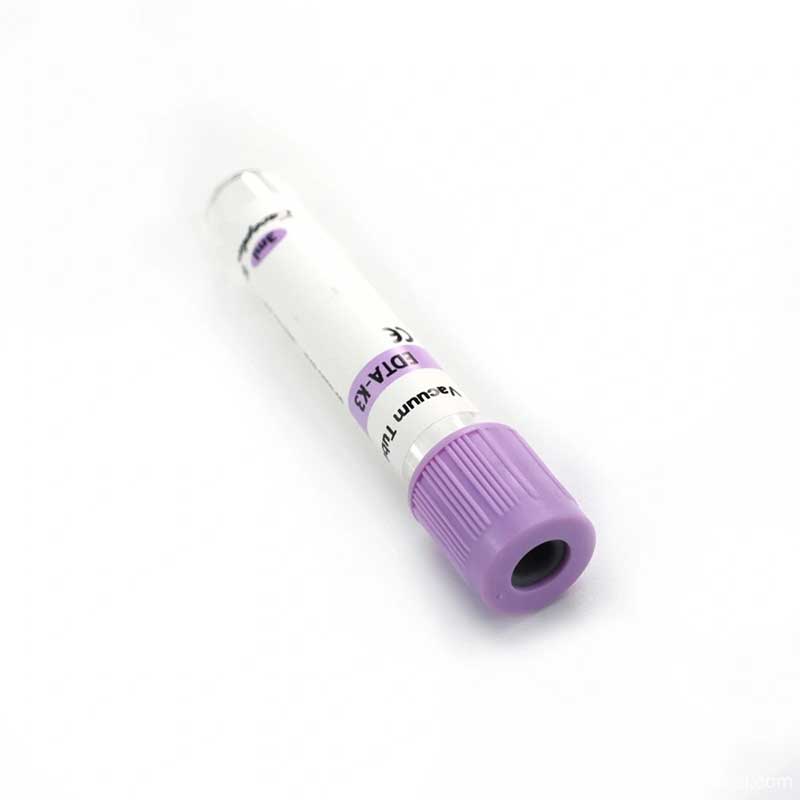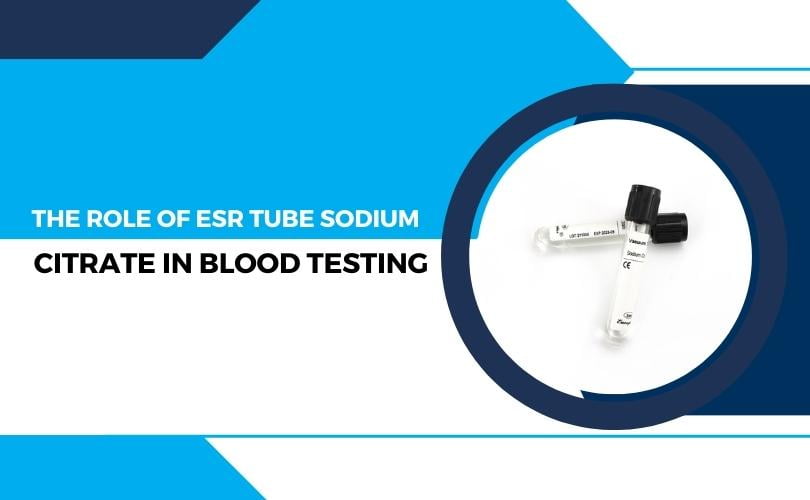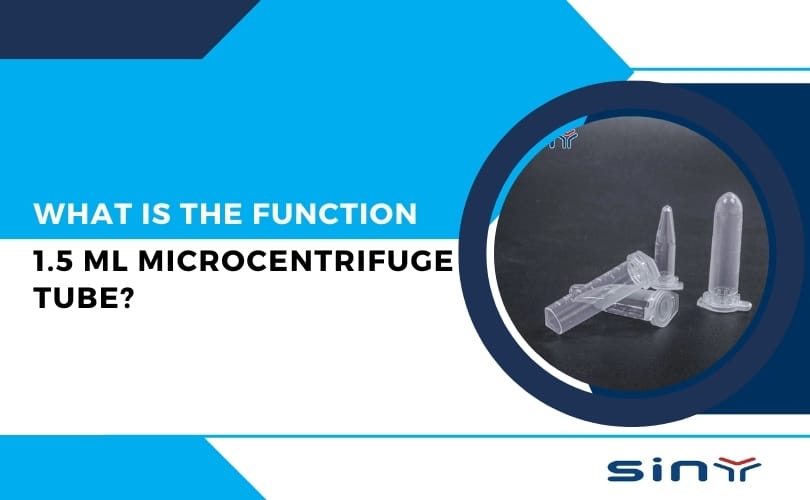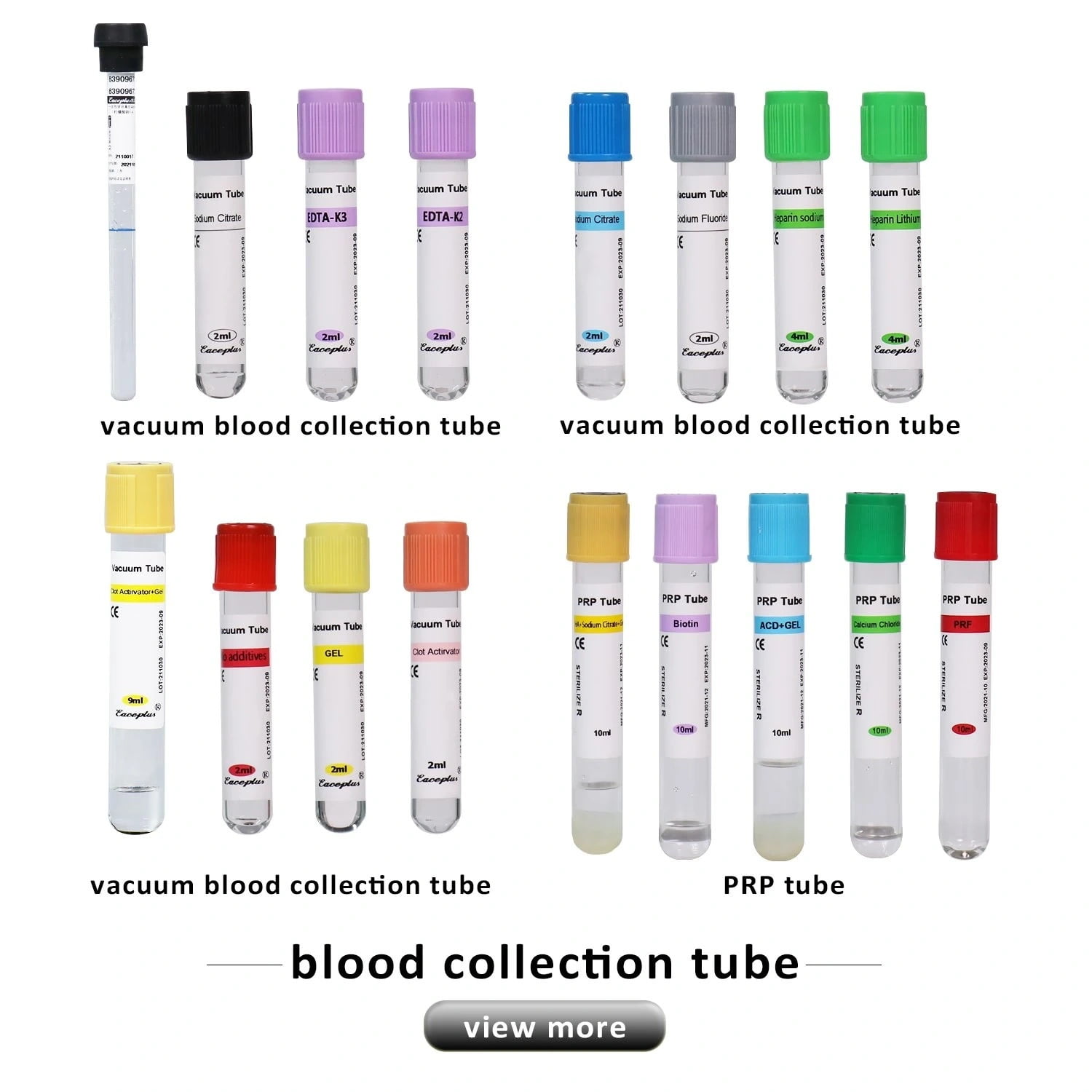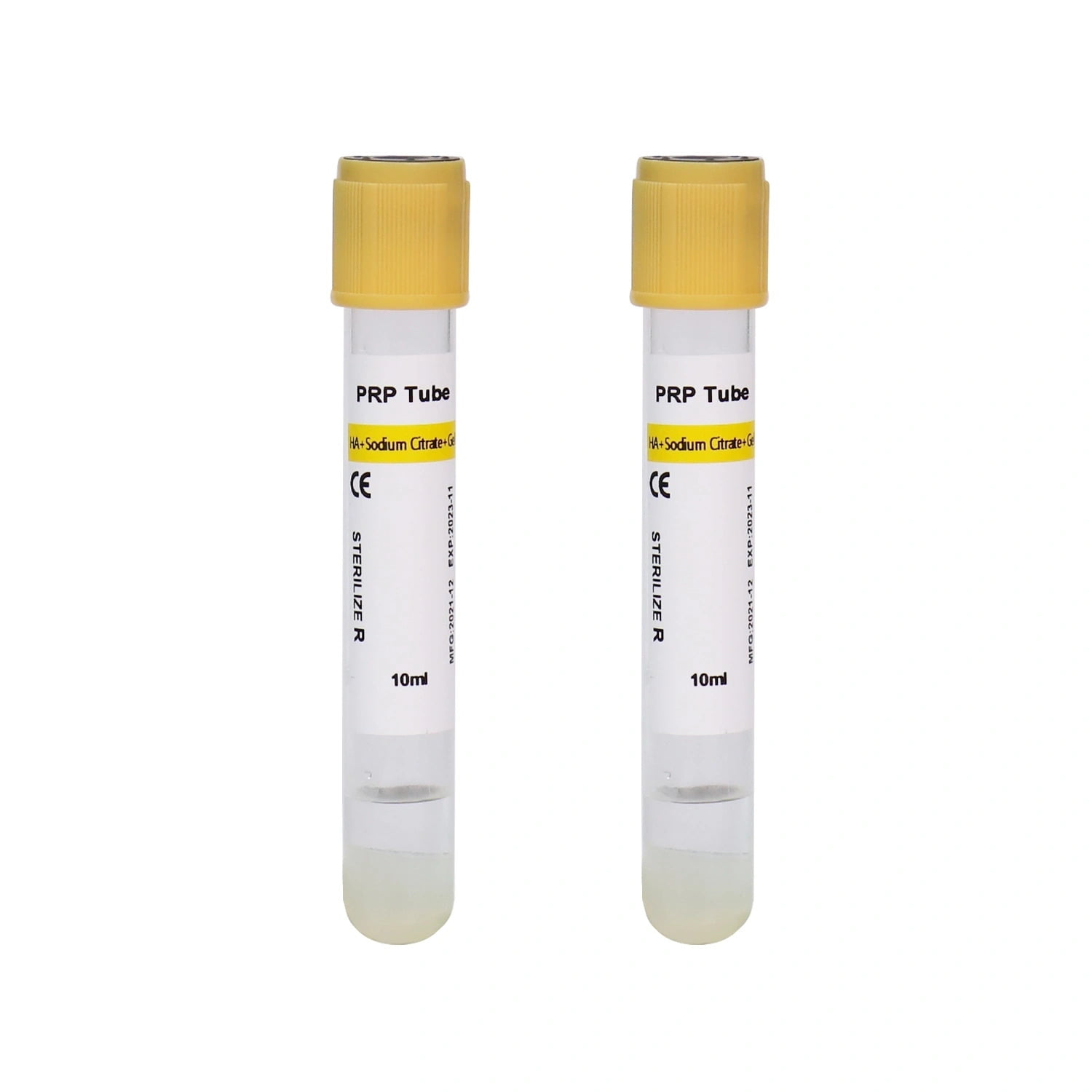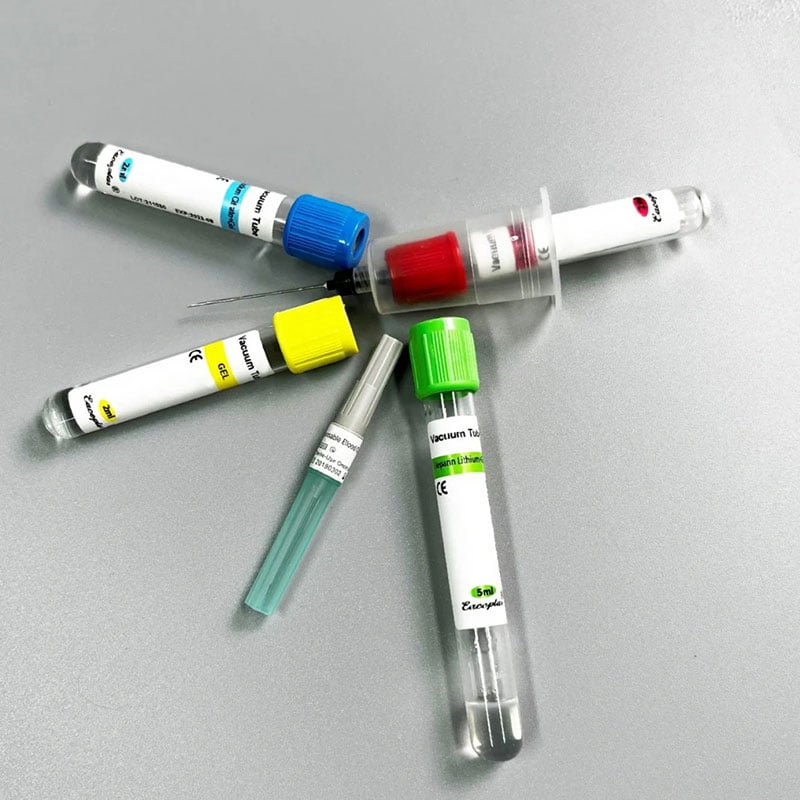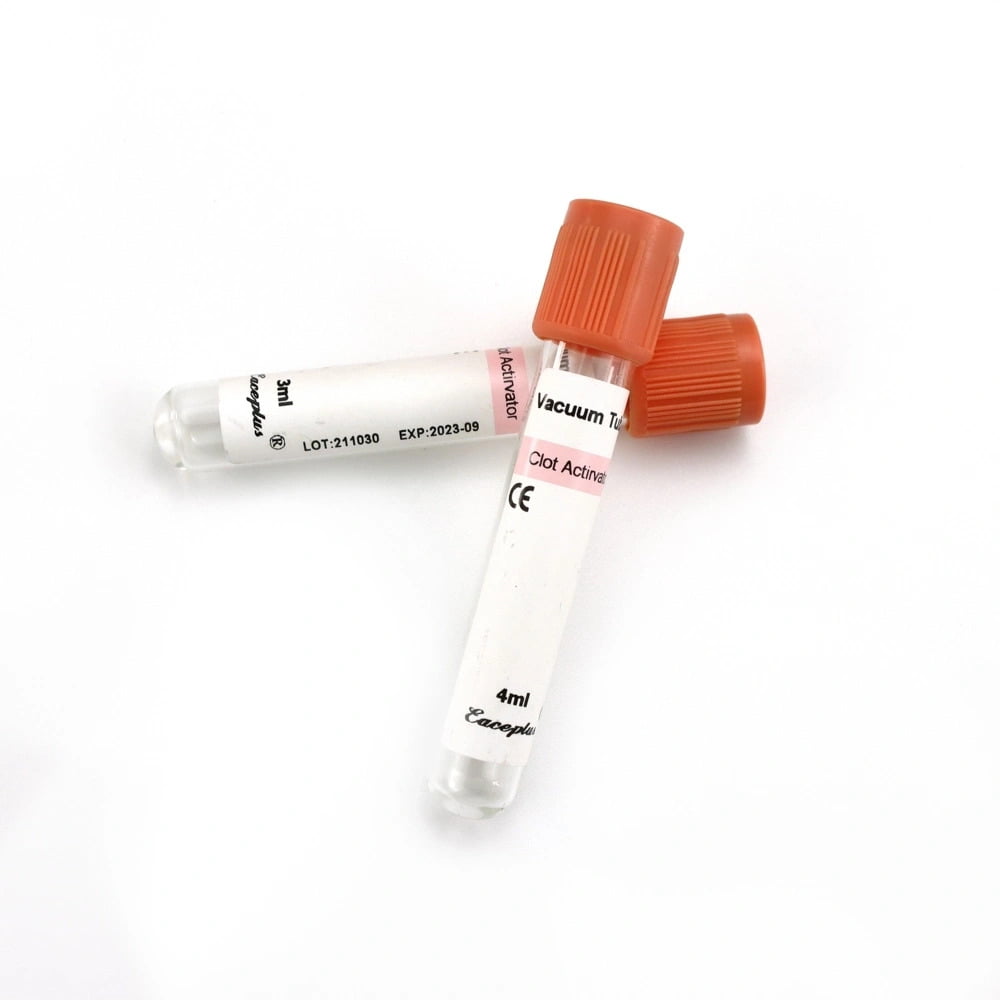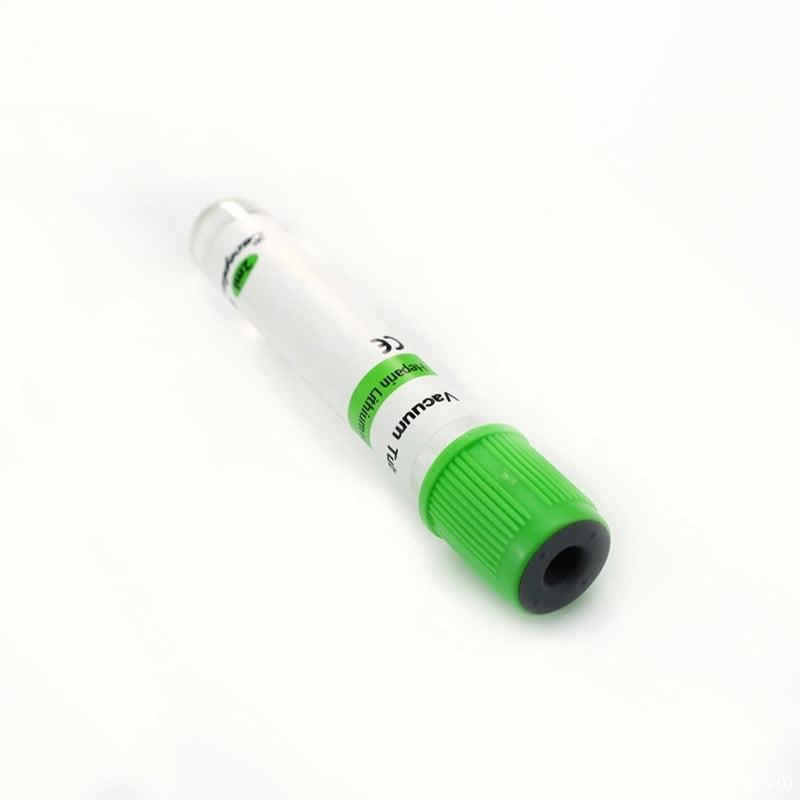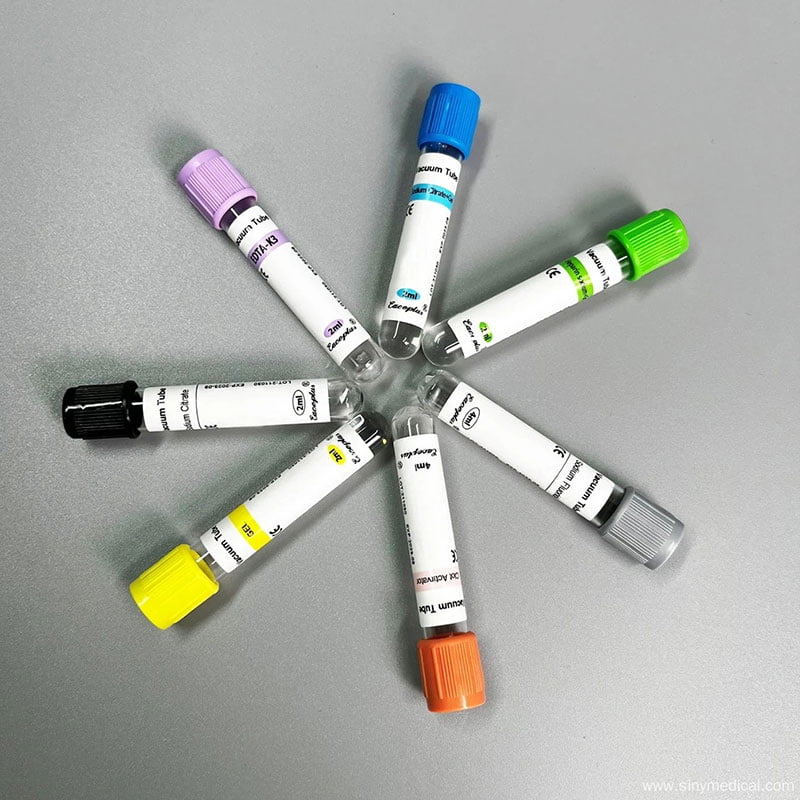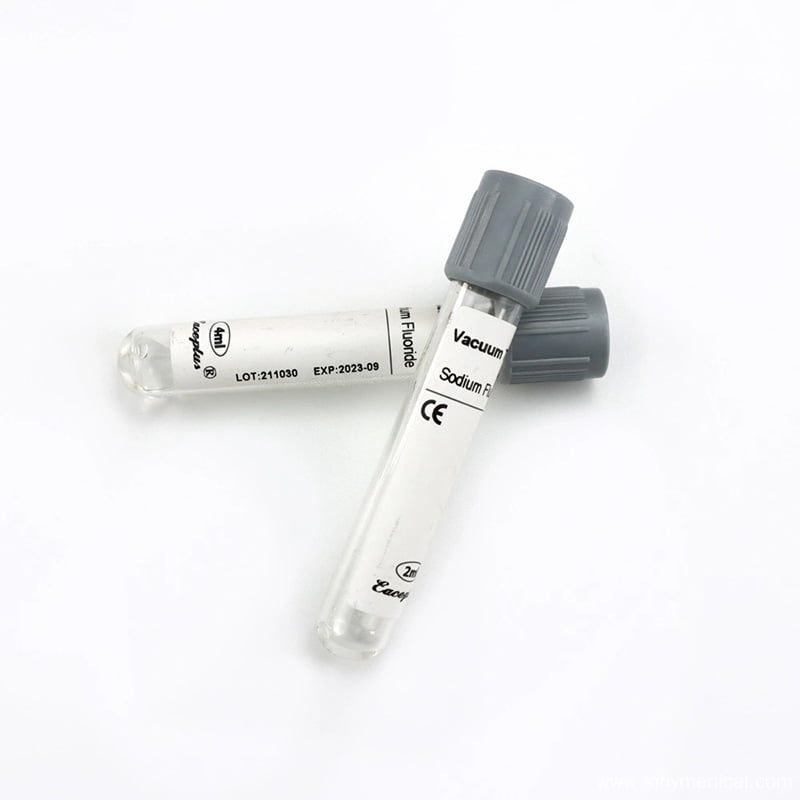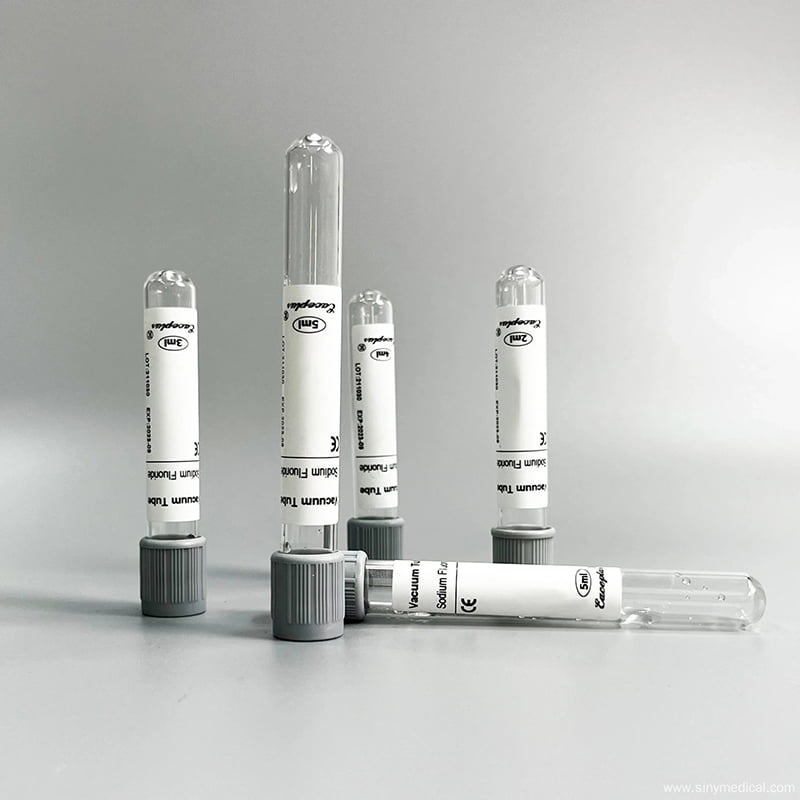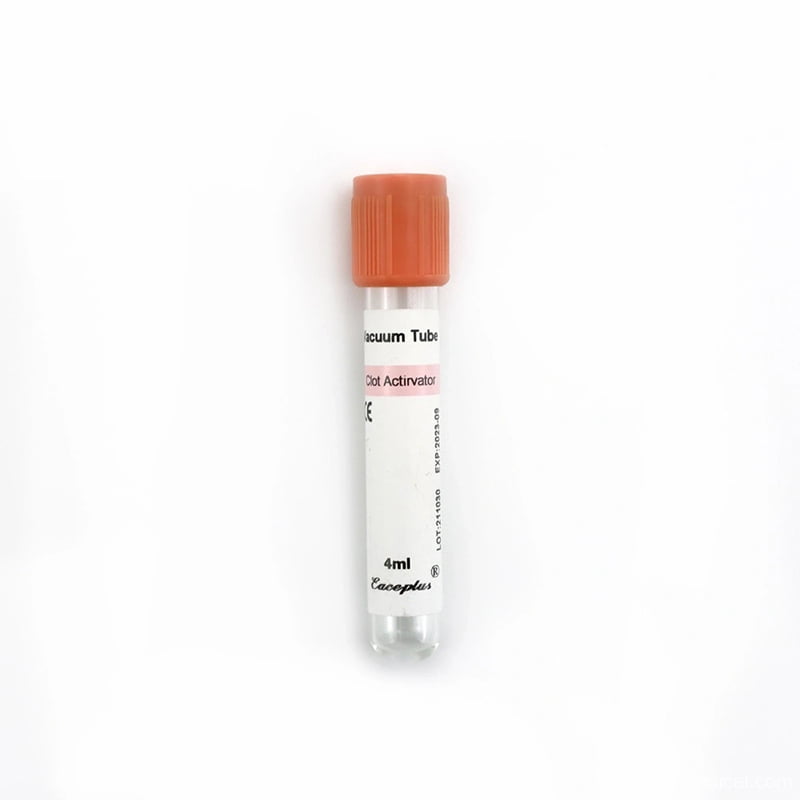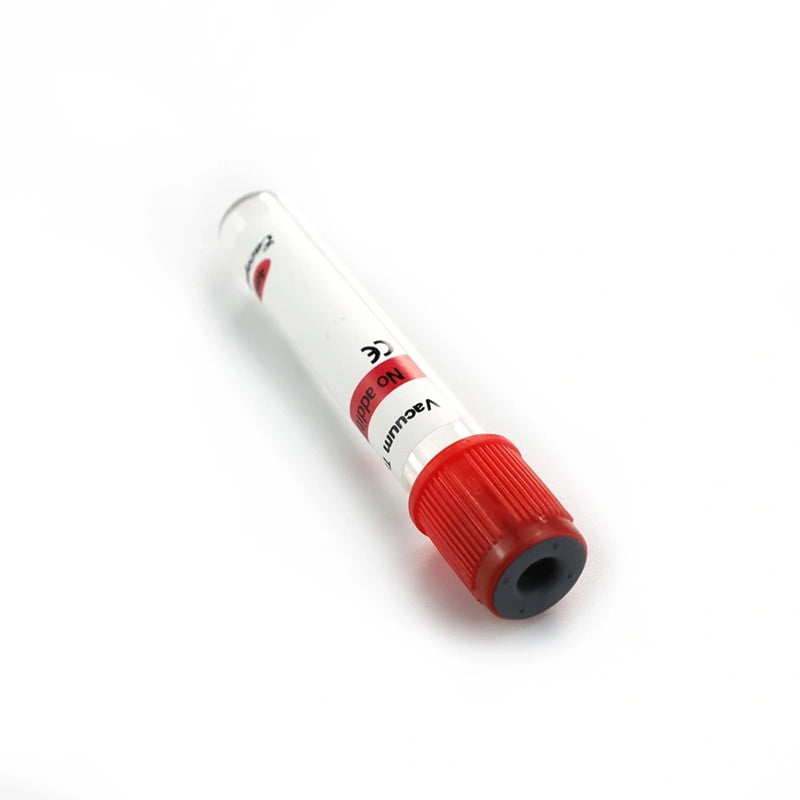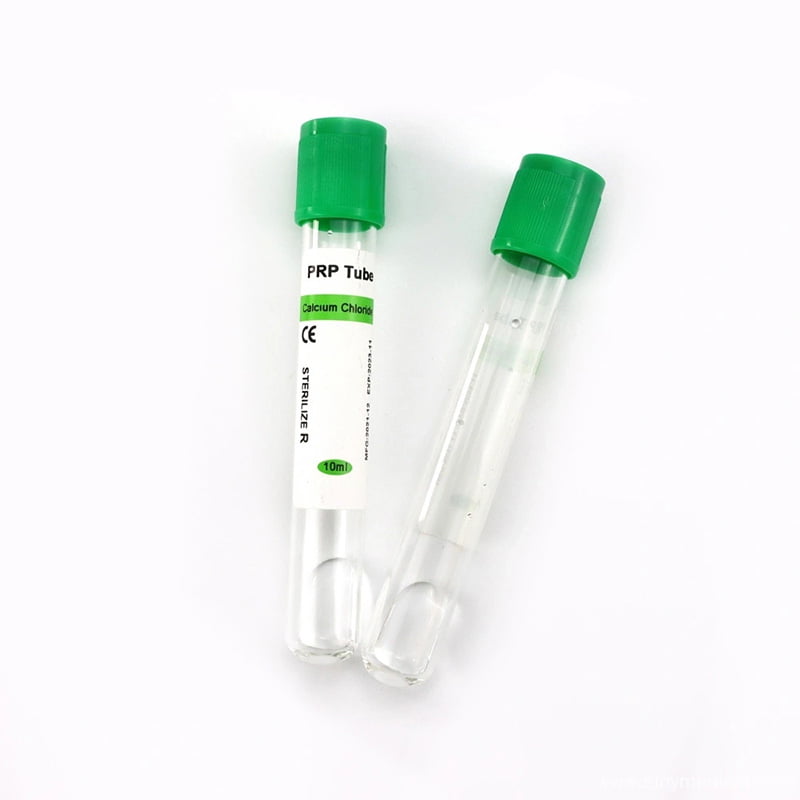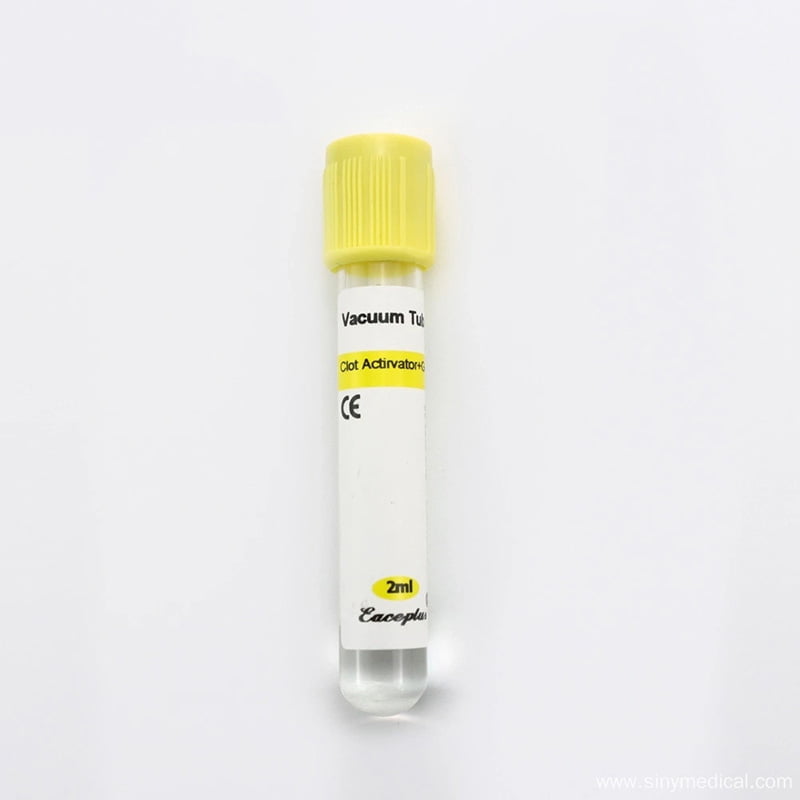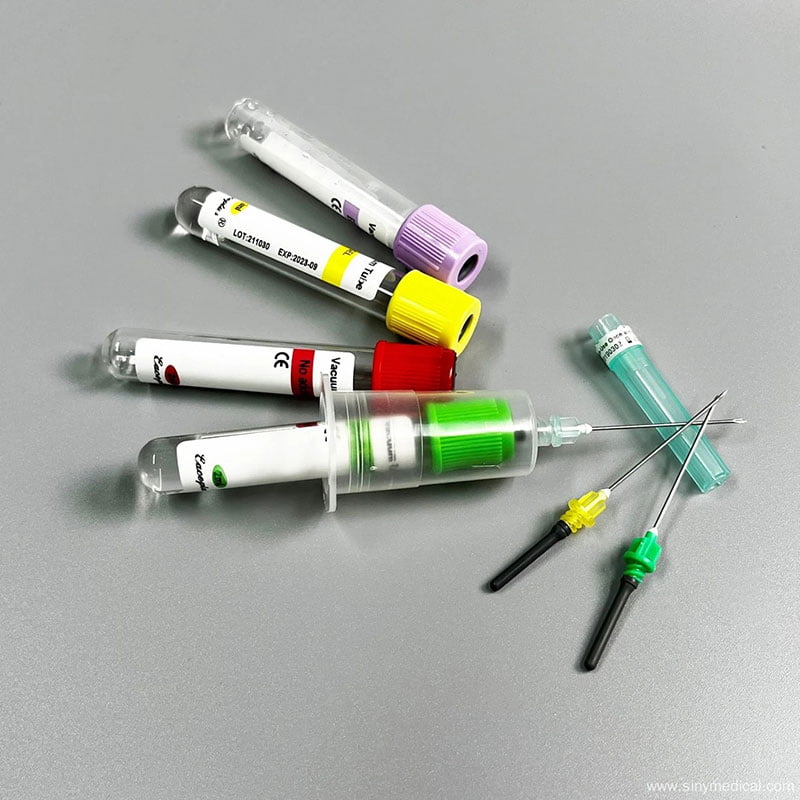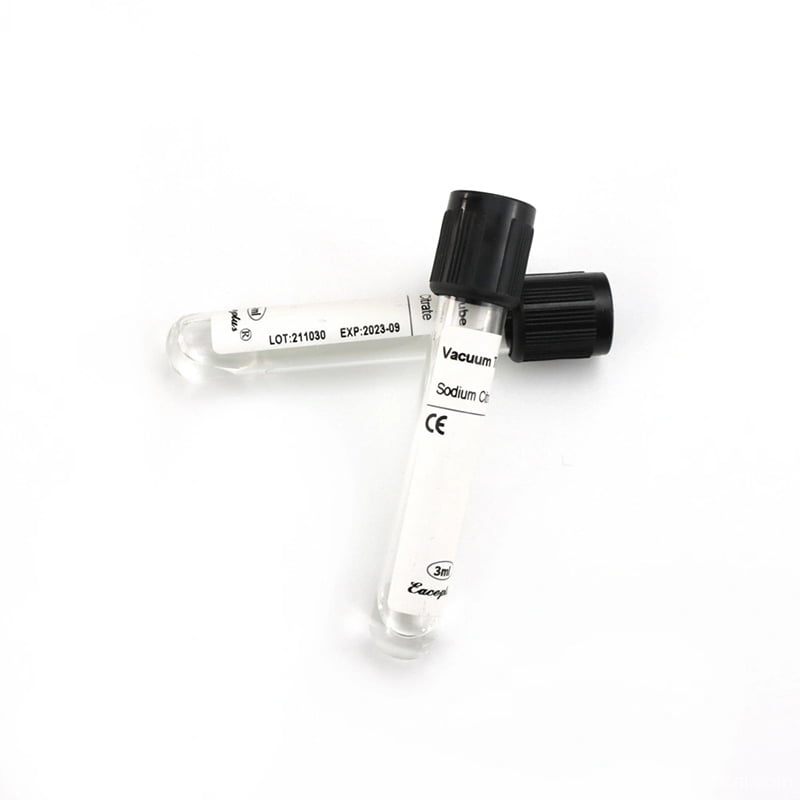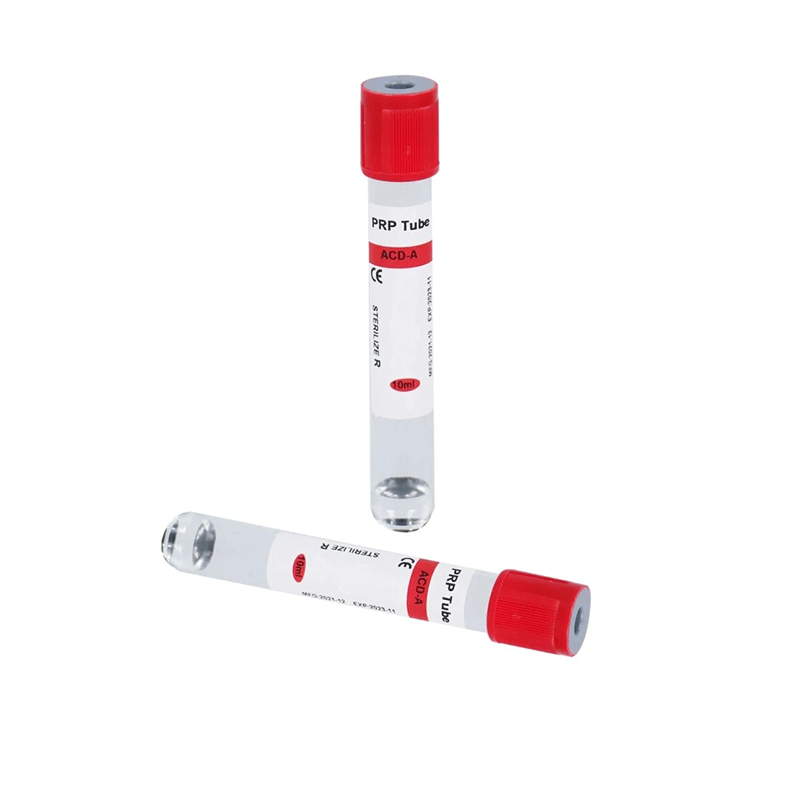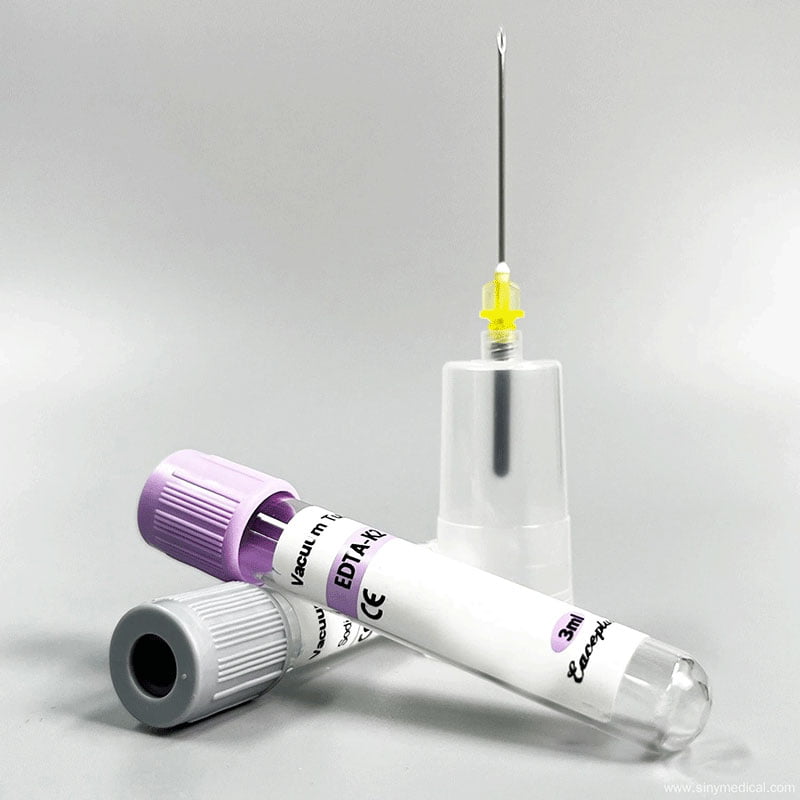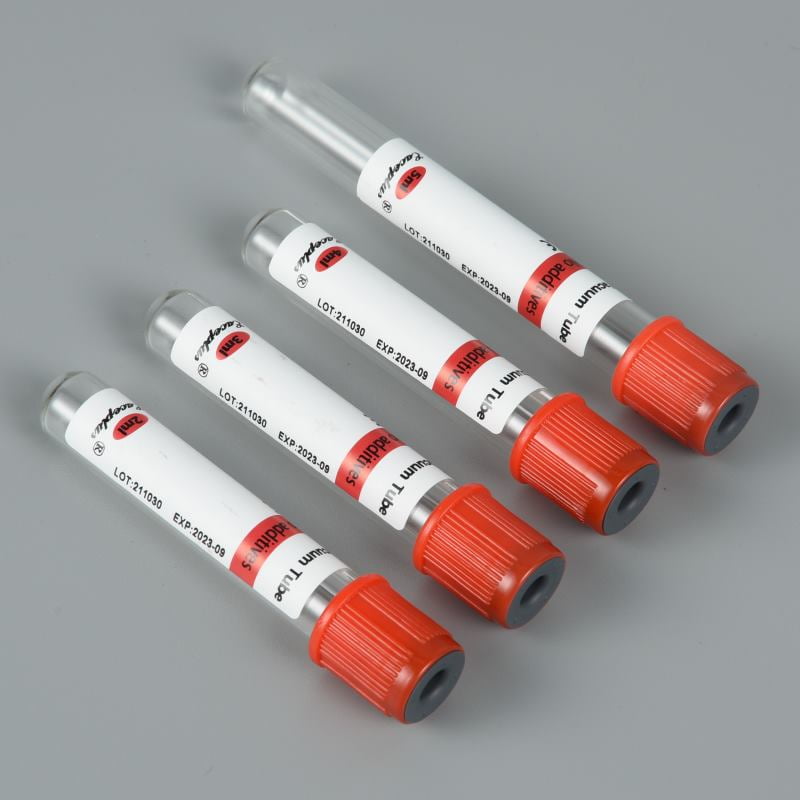Blood tests play a crucial role in diagnosing and monitoring various medical conditions. One important parameter measured through blood testing is the erythrocyte sedimentation rate (ESR), which provides valuable insight into the inflammatory or immune response in the body. However, to obtain accurate ESR measurements, it is essential to understand the role of ESR tube sodium citrate in the blood collection process.
Table of Contents
- 0.1 Introduction
- 0.2 What is an ESR Tube?
- 0.3 Why is Sodium Citrate Used in ESR Tubes?
- 0.4 The Role of Sodium Citrate in ESR Tubes
- 0.5 Why is Sodium Citrate Used in ESR Tubes?
- 0.6 Understanding the Mechanism Behind Sodium Citrate’s Action:
- 0.7 How sodium citrate prevents blood clotting in ESR testing
- 0.8 ESR tube sodium citrate preparation and usage
- 0.9 Advantages of using ESR tube with sodium citrate
- 0.10 Proper Handling and Storage of ESR Tubes
- 0.11 The Evolution of ESR Tube Technology
- 0.12 Common Blood Tests Using ESR Tube Sodium Citrate
- 0.13 Patient Comfort During Blood Collection
- 0.14 ESR tube sodium citrate vs. other anticoagulants
- 0.15 Conclusion and future developments in ESR tube technology
- 1 FAQs
Introduction
Blood testing is a cornerstone of modern medicine, providing valuable insights into a person’s health. Accurate results are paramount, and the choice of anticoagulant plays a crucial role in maintaining the integrity of blood samples. In this article, we delve into the intricate world of blood testing, with a specific focus on the often-overlooked hero—the ESR tube sodium citrate.
What is an ESR Tube?
Before diving into the role of sodium citrate, let’s start by understanding what an ESR tube is and how it differs from other blood collection tubes. An ESR tube, also known as a Westergren tube, is specifically designed to measure the ESR in a blood sample. Unlike other tubes used for blood collection, the ESR tube is calibrated to measure the rate at which red blood cells settle in a vertical column of blood over a specific time.
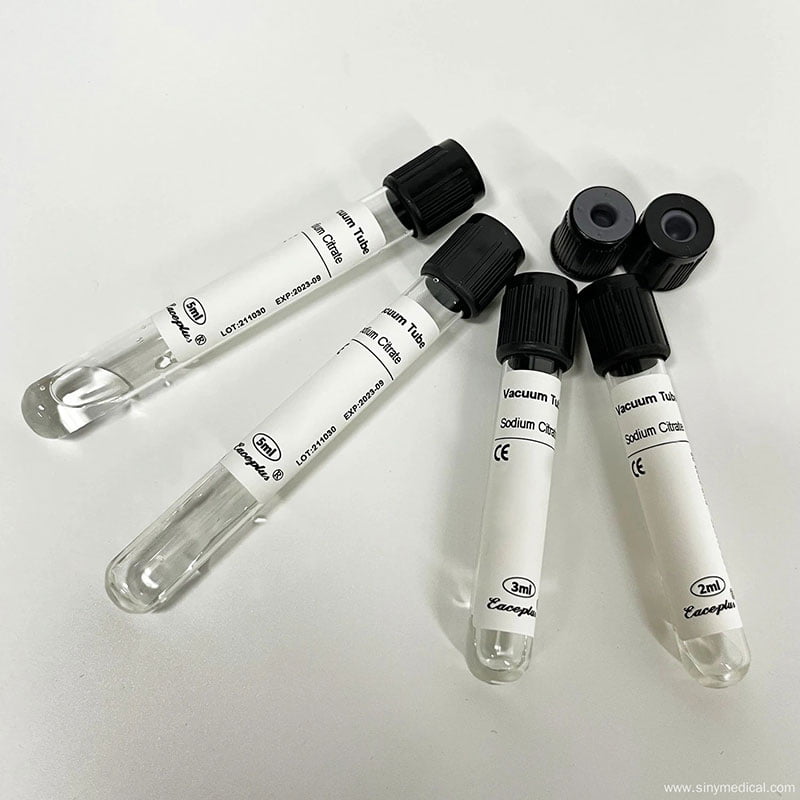
Sodium Citrate ESR Tube are typically made of glass and have a long, narrow shape. The narrow design allows for accurate measurement of the sedimentation rate, while the length enables a sufficient column height for the proper settling of red blood cells. These tubes also contain a specific anticoagulant, sodium citrate, which is crucial for preserving the blood sample.
Why is Sodium Citrate Used in ESR Tubes?
The main purpose of using sodium citrate in ESR tubes is to prevent blood clotting. When blood is drawn into a tube, it naturally begins to clot as a defense mechanism to prevent excessive bleeding. However, clotting can interfere with accurate ESR testing, leading to unreliable results. Sodium citrate acts as an anticoagulant by binding to calcium ions, which are essential for the formation of blood clots. By inhibiting the clotting process, sodium citrate helps maintain the integrity of blood samples for precise ESR testing.
The Role of Sodium Citrate in ESR Tubes
Explanation of its Chemical Composition
Sodium citrate is a salt derived from citric acid. It has the chemical formula C6H5Na3O7 and is commonly used as a food additive and blood collections tubes a pharmaceutical ingredient. Sodium citrate is a white crystalline powder that is easily soluble in water.
Common Uses in Medical Settings
Sodium citrate has several applications in the medical field, including its use as an anticoagulant in blood collection tubes, such as ESR tubes. It is also used as a buffering agent in various medications and as an ingredient in dialysis solutions.
Why is Sodium Citrate Used in ESR Tubes?
| Brand | Eaceplus |
| Type Of Disinfection | Ozone |
| Functional Use | Diagnostic Instruments, Medical Materials &Amp; Accessories |
| Inventory | Yes |
| Shelf Life | 2 Years |
| Material | Pp, Pvc |
| Product Quality Certification | Ce |
| Medical Device Classification | Class Ii |
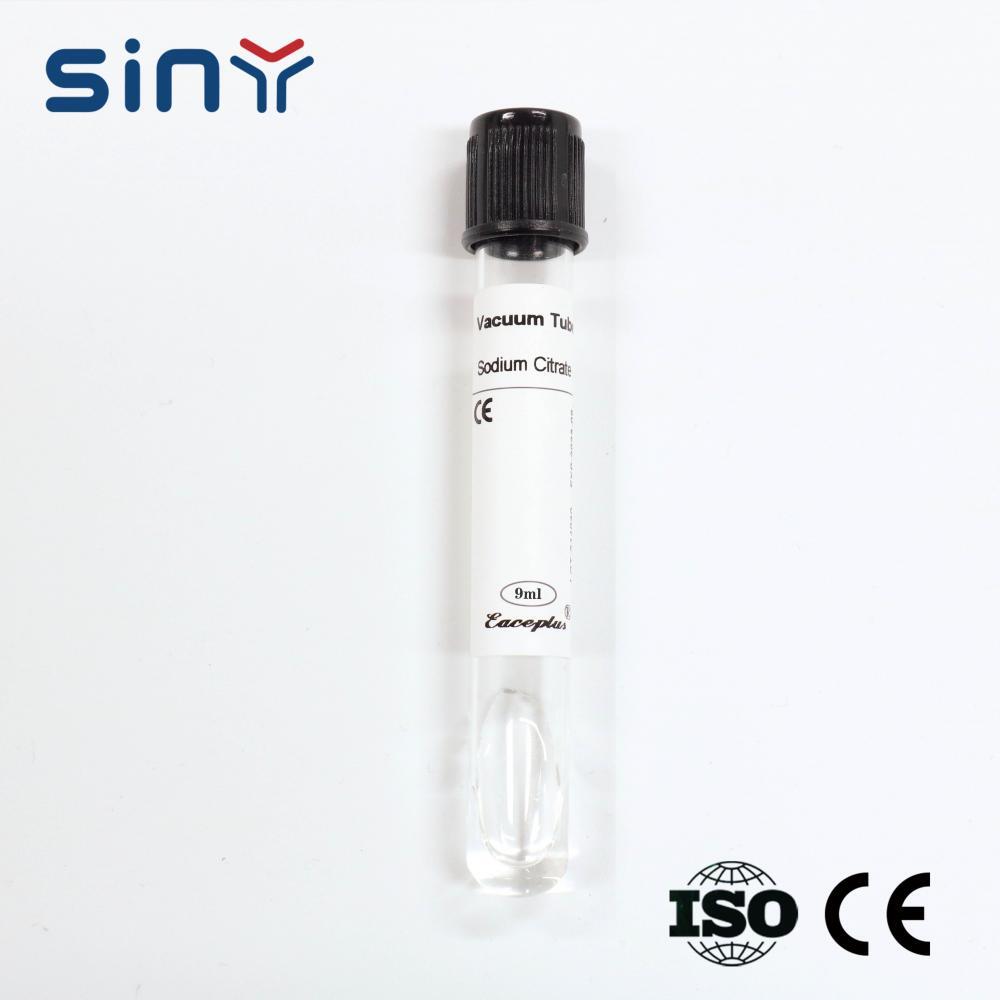
Ensuring Accurate Results by Preventing Coagulation
The primary reason for using sodium citrate in ESR tubes is to prevent the coagulation or Clotting of blood. Clotting can affect the accuracy of the ESR test results, as it can alter the rate at which red blood cells settle. By adding sodium citrate to the ESR tubes, healthcare professionals can ensure that the blood remains in a liquid state, allowing for an accurate measurement of the sedimentation rate.
How Sodium Citrate Acts as an Anticoagulant During Blood Collection
Sodium citrate works as an anticoagulant by binding to calcium ions present in the blood. Calcium ions play a crucial role in the coagulation cascade, a series of chemical reactions that leads to the formation of a blood clot. By binding to calcium ions, sodium citrate prevents their participation in the coagulation cascade, effectively inhibiting clot formation.
Understanding the Mechanism Behind Sodium Citrate’s Action:
How it Binds to Calcium Ions to Prevent Clotting
Sodium citrate has a high affinity for calcium ions. When added to blood, sodium citrate binds to calcium ions, forming complexes that are unable to participate in the coagulation cascade. This prevents the activation of various clotting factors and ultimately inhibits the formation of a blood clot.
Explaining the Importance of Calcium Ions in Blood Coagulation
Calcium ions play a crucial role in blood coagulation. They act as cofactors for several clotting factors, including factors XII, XI, IX, and VII. In the absence of calcium ions, these clotting factors cannot form the necessary complexes to initiate the coagulation cascade. By binding to calcium ions, sodium citrate effectively removes this critical component from the coagulation process.
How sodium citrate prevents blood clotting in ESR testing
How Sodium Citrate Prevents Blood Clotting in ESR TestingWhen it comes to medical testing, accuracy is of utmost importance. One common test that requires precise results is the Erythrocyte Sedimentation Rate (ESR) test. This test measures how quickly red blood cells settle at the bottom of a test tube, which can indicate the presence of inflammation or other medical conditions.
Chelation of Calcium Ions
Sodium citrate acts as a chelator, meaning it forms a complex with calcium ions. Calcium is crucial for the activation of the clotting cascade, a series of reactions that leads to the formation of blood clots. By binding to calcium ions, sodium citrate prevents their participation in the clotting process, effectively inhibiting blood clot formation.
Preservation of Red Blood Cells
Another essential aspect of sodium citrate’s role in ESR testing is its ability to preserve the integrity of red blood cells. When blood clots, it can lead to the destruction of red blood cells, altering the sedimentation rate and potentially providing inaccurate results. Sodium citrate’s anticoagulant properties prevent this clot formation, ensuring that the red blood cells remain intact throughout the testing process.
Proper Sample Collection and Handling
Sodium citrate is commonly used as an additive in blood collection tubes. These tubes, known as citrate tubes, are specifically designed to maintain the anticoagulant properties of sodium citrate. When a blood sample is collected, it is mixed with the citrate solution, which immediately starts working to prevent Clotting. This ensures that the sample remains suitable for ESR testing, even if there are delays in processing or transportation to the laboratory.
ESR tube sodium citrate preparation and usage
ESR tubes containing sodium citrate are crucial components in ensuring accurate blood test results. The preparation of these tubes requires precision and adherence to specific guidelines.
The sodium citrate solution within the ESR tubes is prepared with meticulous attention to concentration. Proper dilution is necessary to achieve the desired anticoagulant effect without compromising the stability of the blood sample.
Advantages of using ESR tube with sodium citrate
The Advantages of Using ESR Tube with Sodium CitrateIn the field of medical diagnostics, the Erythrocyte Sedimentation Rate (ESR) test plays a crucial role in identifying various diseases and conditions. This simple yet effective test measures the rate at which red blood cells settle at the bottom of a tube over a specific time. To ensure accurate and reliable results, it is essential to use the right equipment, such as an ESR tube with sodium citrate. Let’s explore the advantages of using this type of tube in ESR testing.
Anticoagulant Properties
One of the key advantages of using an ESR tube with sodium citrate is its anticoagulant properties. Sodium citrate prevents blood clotting by binding with calcium ions, which are responsible for initiating the clotting cascade. By inhibiting clot formation, sodium citrate ensures that the blood sample remains in a liquid state throughout the ESR testing process, allowing for accurate measurement of the sedimentation rate.
Consistency and Stability
Sodium citrate is a well-established anticoagulant that provides consistent and stable results in ESR testing. It maintains the integrity of the blood sample by preventing Clotting and preserving the original properties of the red blood cells. This consistency is vital for comparing ESR results over time, allowing healthcare professionals to monitor the progress of a disease or condition.
Standardized Method
The use of ESR tubes with sodium citrate follows a standardized method that has been widely adopted in laboratories worldwide. This ensures uniformity in the measurement of the sedimentation rate and facilitates accurate interpretation of the results. Standardization is especially important when comparing ESR values between different patients or laboratories, enabling healthcare professionals to make informed decisions based on reliable data.
Longer Stability Period
ESR tubes with sodium citrate have a longer stability period compared to other anticoagulants. This means that blood samples can be stored for a longer period without compromising the accuracy of the ESR test. The prolonged stability period allows for flexibility in sample collection, transportation, and testing, making it more convenient for both healthcare professionals and patients.
Cost-Effective
ESR tubes with sodium citrate offer a cost-effective solution for conducting ESR tests. Compared to other specialized tubes or methods, sodium citrate is readily available and cost-efficient. Its widespread use in medical laboratories makes it easily accessible, reducing the overall cost of performing ESR testing.
Proper Handling and Storage of ESR Tubes
The impact of proper handling and storage of ESR tubes cannot be overstated. Deviations from recommended guidelines can compromise the quality of blood samples, leading to inaccurate test results. Healthcare professionals must adhere to stringent protocols to ensure the reliability of diagnostic outcomes.
The Evolution of ESR Tube Technology
ESR tubes have come a long way since their inception. From simple glass tubes to advanced plastic versions, the technology has evolved to enhance the accuracy and efficiency of blood testing. Stay tuned as we explore recent advancements in ESR tube technology.
Common Blood Tests Using ESR Tube Sodium Citrate
ESR tube sodium citrate finds application in a variety of blood tests. From routine screenings to specialized diagnostics, its reliability contributes significantly to the success of these tests. We’ll delve into specific examples, shedding light on the importance of sodium citrate in different medical scenarios.
Patient Comfort During Blood Collection
For many, the prospect of blood collection can be anxiety-inducing. Healthcare professionals play a crucial role in minimizing patient discomfort during this process. We’ll provide practical tips to create a positive and comfortable experience, fostering trust between patients and healthcare providers.
ESR tube sodium citrate vs. other anticoagulants
Choosing the right anticoagulant for blood collection is crucial in various clinical applications. Sinymedical, a leading provider of high-quality medical products, offers an exceptional ESR tube sodium citrate that ensures accurate and reliable results. We will explore the benefits of Sinymedical’s ESR tube sodium citrate compared to other anticoagulants commonly used in clinical practice.
Understanding ESR Tube Sodium Citrate
ESR (Erythrocyte Sedimentation Rate) is a widely used test to evaluate inflammation and monitor disease progression. Sinymedical’s ESR tube sodium citrate is specifically designed to maintain blood stability and prevent Clotting during the sedimentation process. This anticoagulant is highly effective in preserving blood morphology and ensuring consistent and precise results.
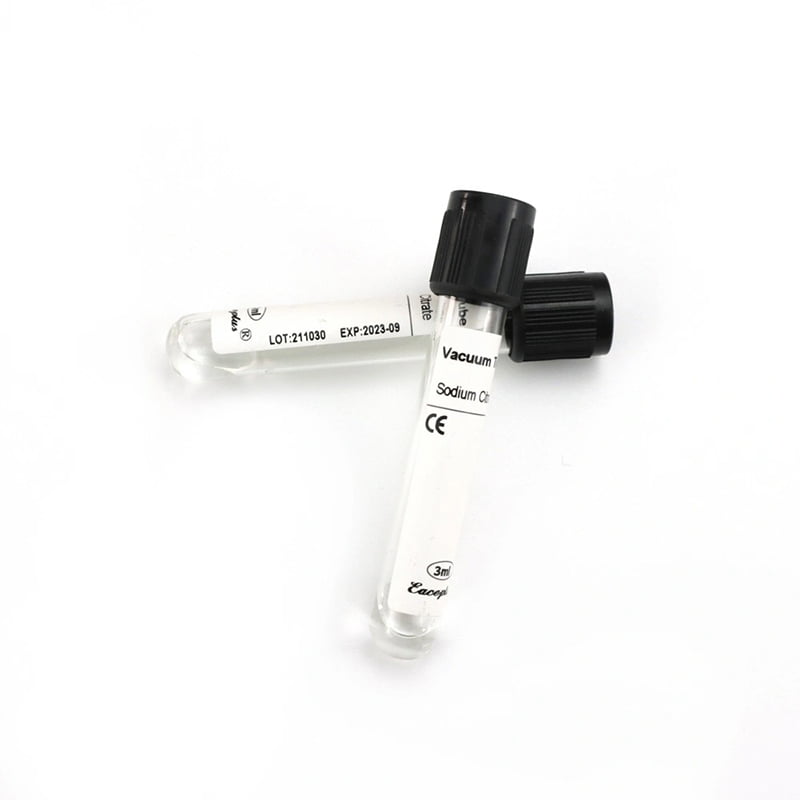
Key Advantages of Sinymedical ESR Tube Sodium Citrate
Superior Anticoagulation Properties
Sinymedical’s offers excellent anticoagulation properties, ensuring the blood remains in a liquid state for an extended time. This characteristic is crucial for accurate ESR measurements, as it allows erythrocytes to settle uniformly, providing reliable results to aid in diagnosis and disease monitoring.
Optimal Blood Preservation
The sodium citrate in Sinymedical’s ESR tube acts as a chelating agent, preventing the clotting process by binding to calcium ions required for coagulation. This preservation mechanism ensures that the blood sample remains stable, preserving the integrity of red blood cells and minimizing the risk of hemolysis.
Standardized Dilution Ratio
Sinymedical’s ESR tube sodium citrate offers a standardized dilution ratio of 4:1, which facilitates the accurate determination of the sedimentation rate. This consistency in dilution ensures reliable results across different laboratories, enhancing the overall comparability of ESR measurements.
Comparison with Other Anticoagulants
EDTA (Ethylenediaminetetraacetic Acid)
While EDTA is commonly used as an anticoagulant, it may interfere with ESR measurements due to its potential effect on erythrocyte aggregation. Sinymedical’s ESR tube sodium citrate provides a more suitable alternative, ensuring accurate results without compromising the quality of the blood sample.
Heparin
Heparin, another widely used anticoagulant, can interfere with the ESR test by causing platelet clumping. Sinymedical’s ESR tube sodium citrate eliminates this concern, allowing for precise and reliable ESR measurements without any interference from platelet aggregation.
Citrate-Phosphate-Dextrose (CPD)
CPD is often used as an anticoagulant for blood transfusion purposes but is not ideal for ESR testing. Sinymedical’s ESR tube sodium citrate provides specific concentration and dilution requirements tailored for accurate ESR analysis, ensuring superior performance over CPD.
Conclusion and future developments in ESR tube technology
ESR tube sodium citrate in blood testing is indisputably vital. From preventing clotting to ensuring the accuracy of diagnostic results, sodium citrate stands as a cornerstone in modern healthcare. As technology advances, so does our ability to harness the full potential of ESR tube sodium citrate, promising even more accurate and efficient blood testing in the future.
FAQs
Is sodium citrate safe for blood testing?
Yes, sodium citrate is a safe and widely used anticoagulant in blood testing.
I chose the type of ESR tube for my blood test.
In most cases, the choice of an ESR tube is at the discretion of the healthcare professional conducting the test.
How does sodium citrate prevent Clotting during blood collection?
Sodium citrate binds with calcium ions, inhibiting the coagulation cascade and preventing clot formation.

